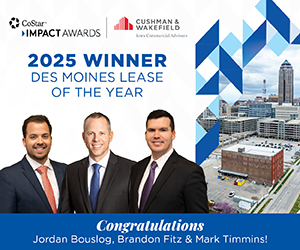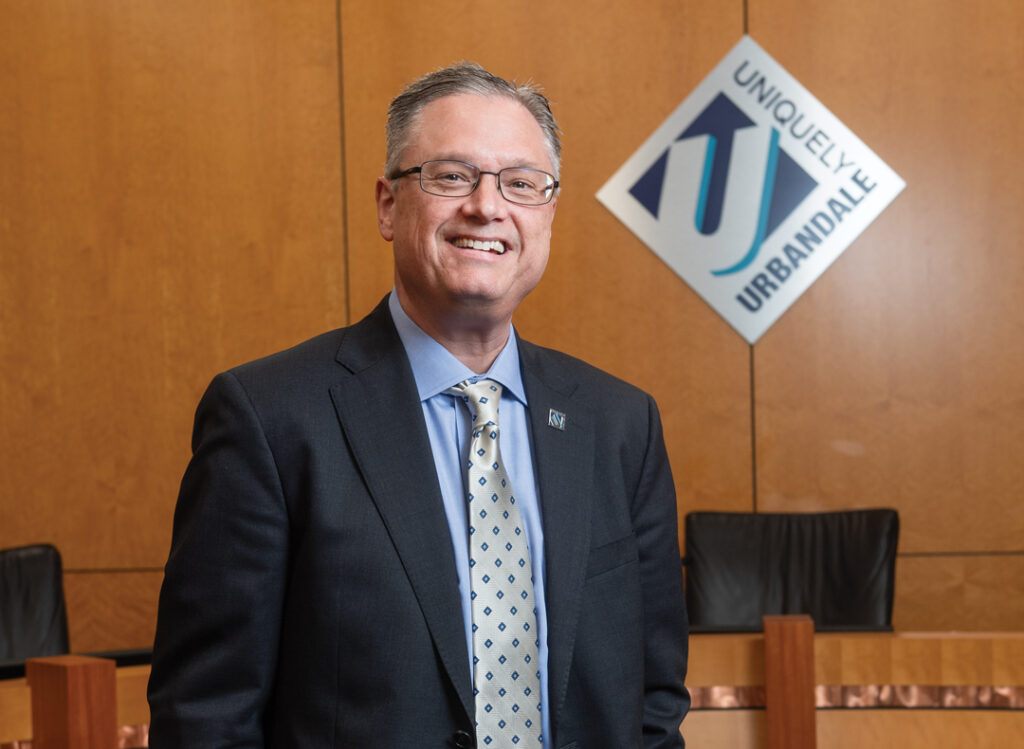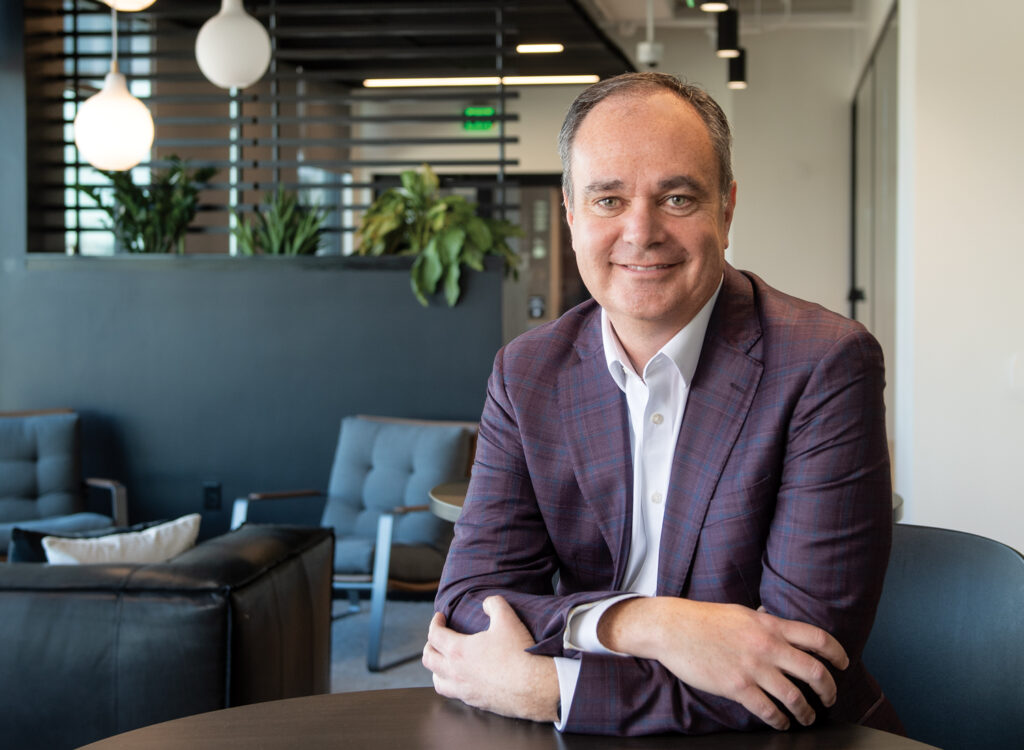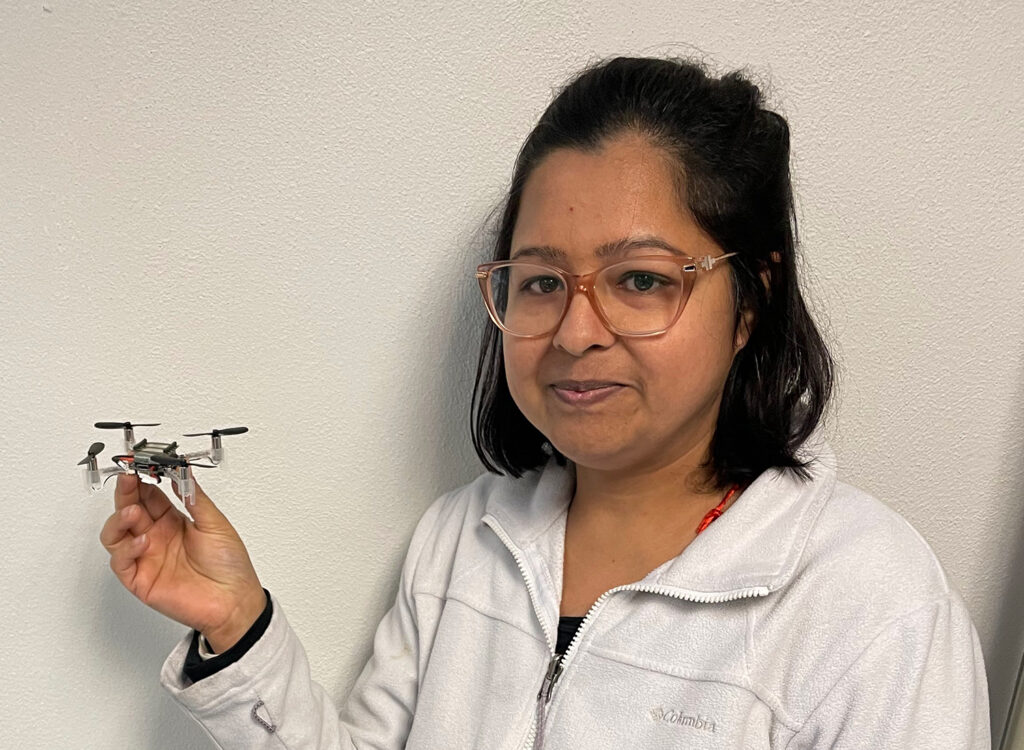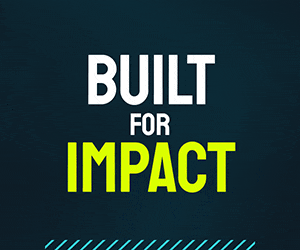NOTEBOOK: Partnership launches regional discussion on AI and the workforce

JOE GARDYASZ Jun 13, 2019 | 7:58 pm
2 min read time
426 wordsBusiness Record Insider, The Insider NotebookWhat does artificial intelligence mean to you? And how will AI affect your organization and its workforce needs?
It’s a conversation that may or may not be happening already inside your walls, but it’s the next big technology frontier that the Greater Des Moines Partnership seeks to highlight as it looks ahead to meeting the talent needs of the region. The Partnership took an initial step last week toward building a regional plan for preparing Central Iowa employers and their future workers for the emerging AI-driven economy.
I sat in on a two-hour brainstorming session in late May with about three dozen education and business leaders that included university and school administrators, banking and insurance executives, and IT professionals. Tim Hoskins, president of consumer intelligence firm Quester in Windsor Heights, led the discussion, held at the Greater Des Moines Botanical Garden. It was the first of many forums the Partnership plans to convene on the topic with groups across a variety of industries, said Mary Bontrager, executive vice president of talent development for the Partnership.
Hoskins, whose firm has assisted large corporations in using AI for almost a decade, highlighted a case study of business retention research that Quester conducted for a leader in the music streaming industry. Quester used AI-driven algorithms built into surveys to interview and deep dive into why customers who had signed up for the free trial were dropping the service. With the technology, Quester conducted more than 2,600 AI-guided interviews in just over a week.
At the Partnership forum, participants were challenged to work at each of their round tables to choose one area of their organizations in which AI could have a positive impact on the consumer experience, and to consider the workforce effects.
From that exercise, we could quickly see the potential that AI has for increasing the speed and efficiency of more mundane tasks – as an example, freeing up time for people such as college counselors and HR professionals to focus on more complex tasks or one-on-one meetings.
One of the realities, Hoskins told us, is that many of the AI-driven ideas we came up with in our groups were already being worked on by tech companies. Collectively, educators and businesses need to focus on what skill sets will need to be developed to make Greater Des Moines a leading region in leveraging the benefits of AI and to tackle the workforce challenges.
“I believe AI will allow us to use the creative sides of our brain,” he said. “But we have to allow that to happen.”

